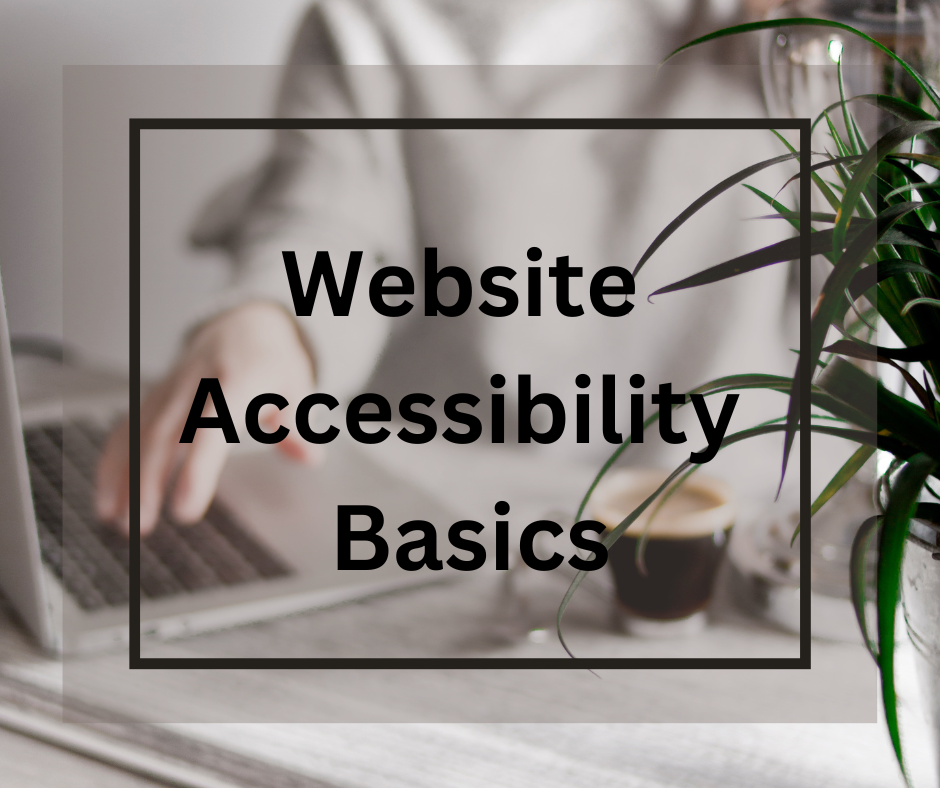|
As the world was forced to engage in a digital world during the pandemic, many Americans realized how many websites were not accessible to those with disabilities. To that end, Smith Shapourian Mignano PC (“SSM”) provides this blog on best practices for website accessibility and Accessibility Statements/Policies for our business clients.
Background: Traditionally, the Americans with Disabilities Act (the “ADA”), applied to businesses with a physical presence; but with the growing dependence on virtual based businesses that provide a public website, new guidance from the Department of Justice (the “DOJ”) signals that any business that provides goods or services to the public should comply with the ADA. Currently, most states have ruled that a business where no physical location is involved in the provision of the goods, services, or activities to the customer (e.g., eBay) is not required to provide a website that is accessible to those typically covered under the ADA. However, the federal courts that cover Maine, Massachusetts, New Hampshire, Rhode Island, and Puerto Rico have determined that even if a business is entirely virtual, they are required to comply with the ADA by providing a website that is accessible under the ADA requirements. Even if your business is not based in any of these states, you may be at risk of noncompliance if the services you provide are available to residents and businesses of these states. What's the Risk? The risk to your company is that if you are in noncompliance of the ADA and a person sues your company under the ADA, you will be required to defend the company in a potentially costly litigation. For the company to defend the claims, the company will need to provide evidence that it’s taken efforts to provide a website that is accessible. Without any valid evidence, the company will likely be liable. New York, California and Florida had the greatest number of these cases in 2021, but the number of claims are growing each year. In 2021, most cases were targeting small businesses with 81% of cases for businesses with less than $50 Million of revenue. How to Comply: To create an accessible website, it’s recommended to work with a website accessibility consultant. Once the technical implementations are made, you can work with a lawyer to draft an Accessibility Policy. If you are in the process of updating your website, the company can also state that it is in the process of improving the website for accessibility purposes and can provide contact information for complaints and comments. These policies should be in addition to your Terms of Service and Privacy Policies. While taking these steps will not eliminate the risk of a lawsuit, it is a step in the right direction to reduce liability to your company and provide websites that are accessible. Conclusion In summary, these are the three top things businesses should know about website accessibility:
Smith Shapourian Mignano PC is available to answer any questions or concerns you may have regarding website accessibility compliance. This blog does not constitute solicitation or provision of legal advice, and does not establish an attorney-client relationship. This blog should not be used as a substitute for obtaining legal advice from an attorney licensed or authorized to practice in your jurisdiction. You should always consult a suitably qualified attorney regarding any specific legal problem or matter in a timely manner, as statutes of limitations may bar your claim. Comments are closed.
|
Archives
February 2023
Categories
All
|
© 2023 SSM Law PC. All Rights Reserved.
Privacy Policy
Terms of Use
Accessibility Statement
Attorney Advertising
Client Reviews & Testimonials

 RSS Feed
RSS Feed